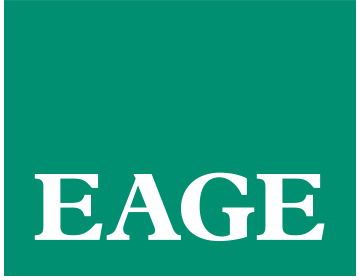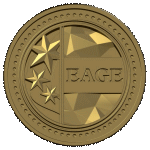EAGE student webinars
A webinar allows the lecturer to deliver his/her presentation from home or from the office anywhere in the world!
As lecturers (and industry professionals) sometimes have limited ability to travel because of their employment, EAGE introduced the Student Webinar format.
One of the major benefits of a webinar in comparison with other digital lectures is that through a live connection interaction is possible on the spot between lecturer and audience.
For lectures with a large audience, the lecture might want to decide to have a Q&A session after the lecture. With smaller audiences, it is possible to agree that viewers may interrupt the instructor during the presentation.
In this way, EAGE can fulfill its mission to serve the international geoscience student community worldwide and move along with the time by making use of digital means to reach out to student audiences. The hosting University is ought to invite the local audience and take care of the equipment.
| Title | Instructor | Date and time | Registration |
|---|---|---|---|
| Deepwater Exploration with particular reference to India. | Moses Nathaniel Duggirala | 15 April at 16:00 - 17:00 CET | Open |
| An investigation of natural processes influencing surface seawater pH dynamics | Richard Rosas | 21 January at 16:00 - 17:00 CET | Open |

